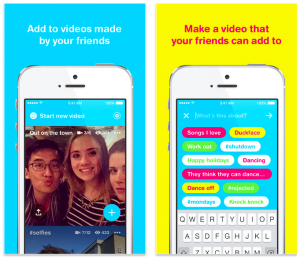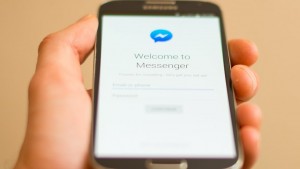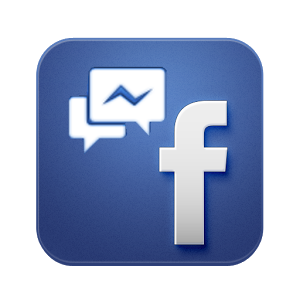What’s Facebook Letting Us Do Now?
In Social Bookmarking, Social Media, Social Media News Brief, Social Networking, Web 2.0 | No comment
Another interesting thing that Facebook can now be used for is serving divorce papers via Facebook messages. In this situation, it’s not exactly a feature that was added by Facebook. It’s actually been a court ruling, which allows people to serve legal paperwork such as divorce papers via Facebook, depending on the circumstances. Whether or not this can be considered legal would have to be decided on a state-by-state basis, but New York has confirmed that it can be done.
Outside of the Facebook platform itself, Facebook has been launching some interesting apps that allow users to perform different functions. Riff is an app that allows friends to create collaborative videos by adding clips together; the videos that are created can be easily shared through Facebook and the contributors will automatically be tagged. Another app that Facebook just launched is called Scrapbook, which is effectively a way for children under the age of thirteen to have a Facebook presence, allowing parents to tag photos of their children. Facebook is currently looking into ways to allow a child’s Scrapbook to be upgraded to an official Facebook page once they turn thirteen.



